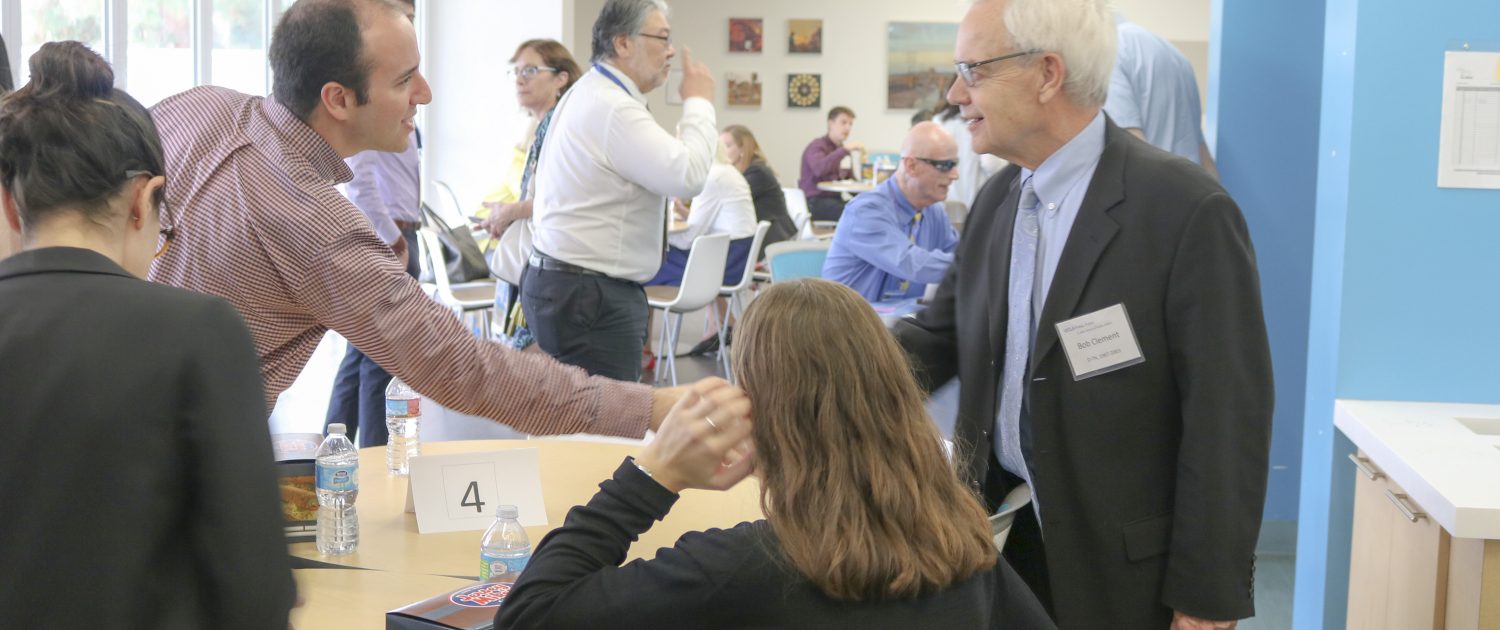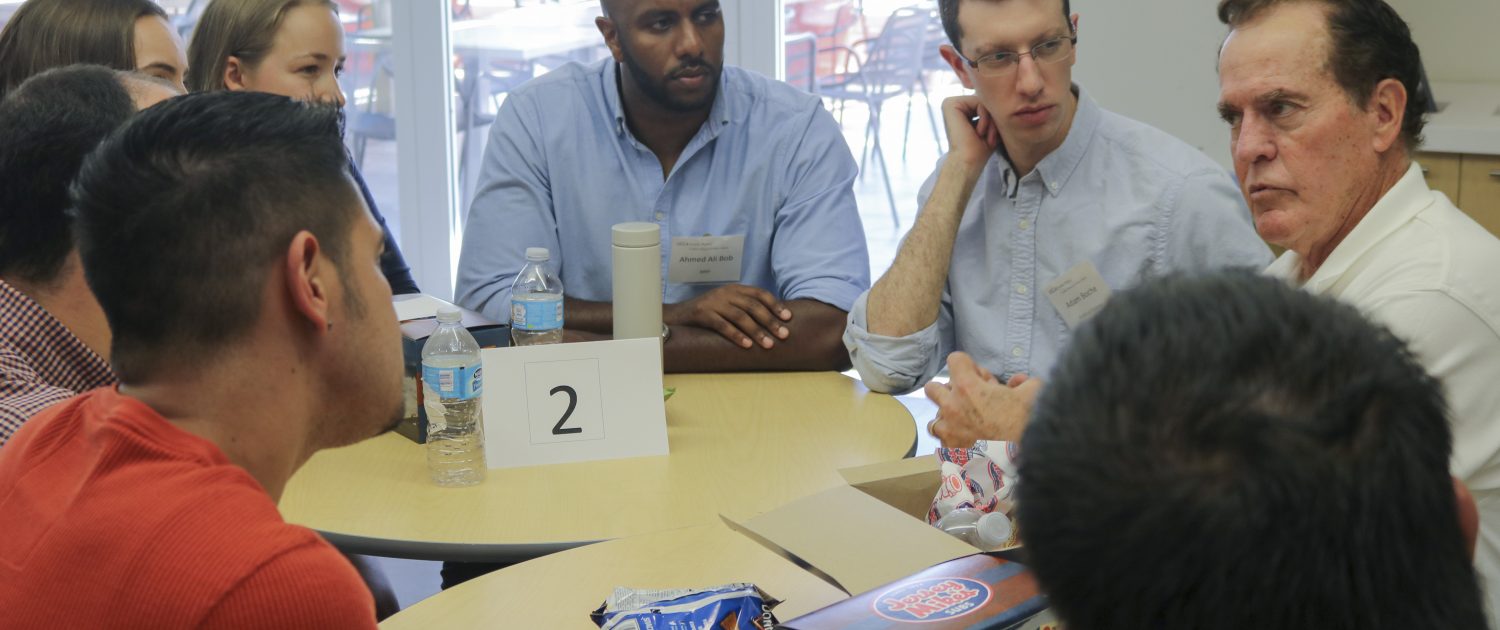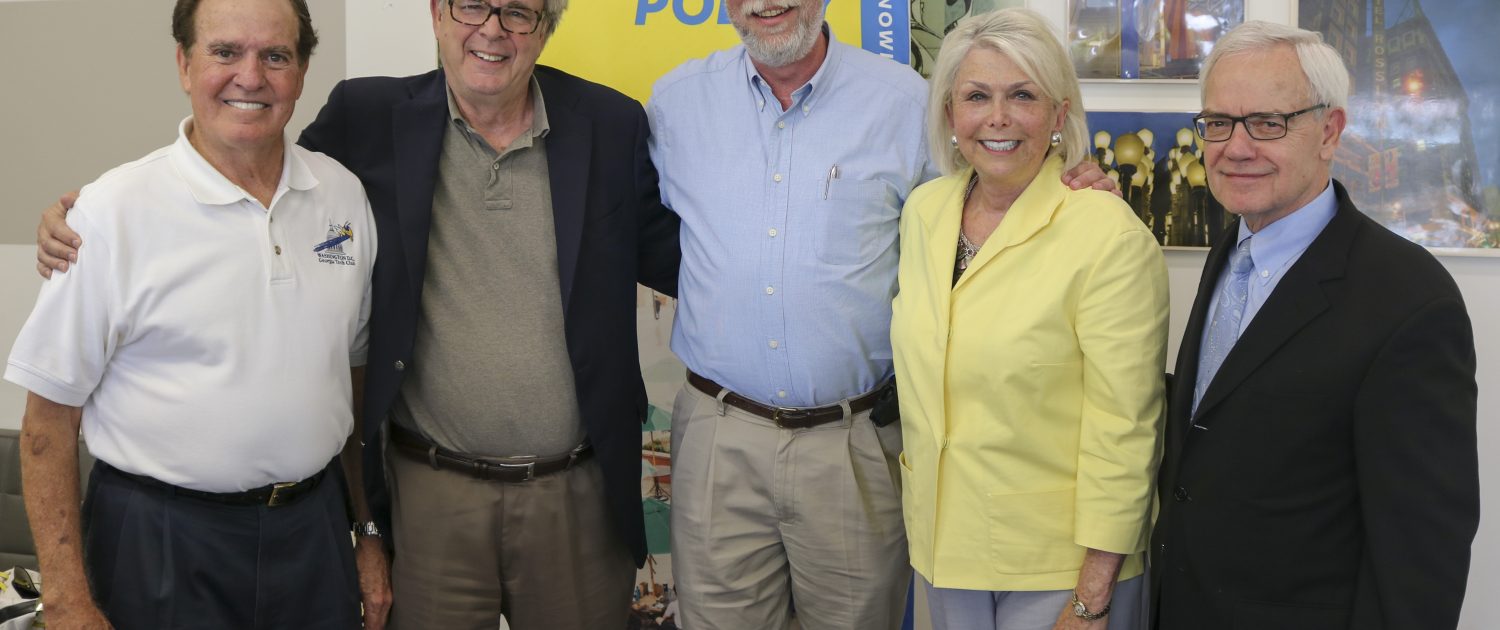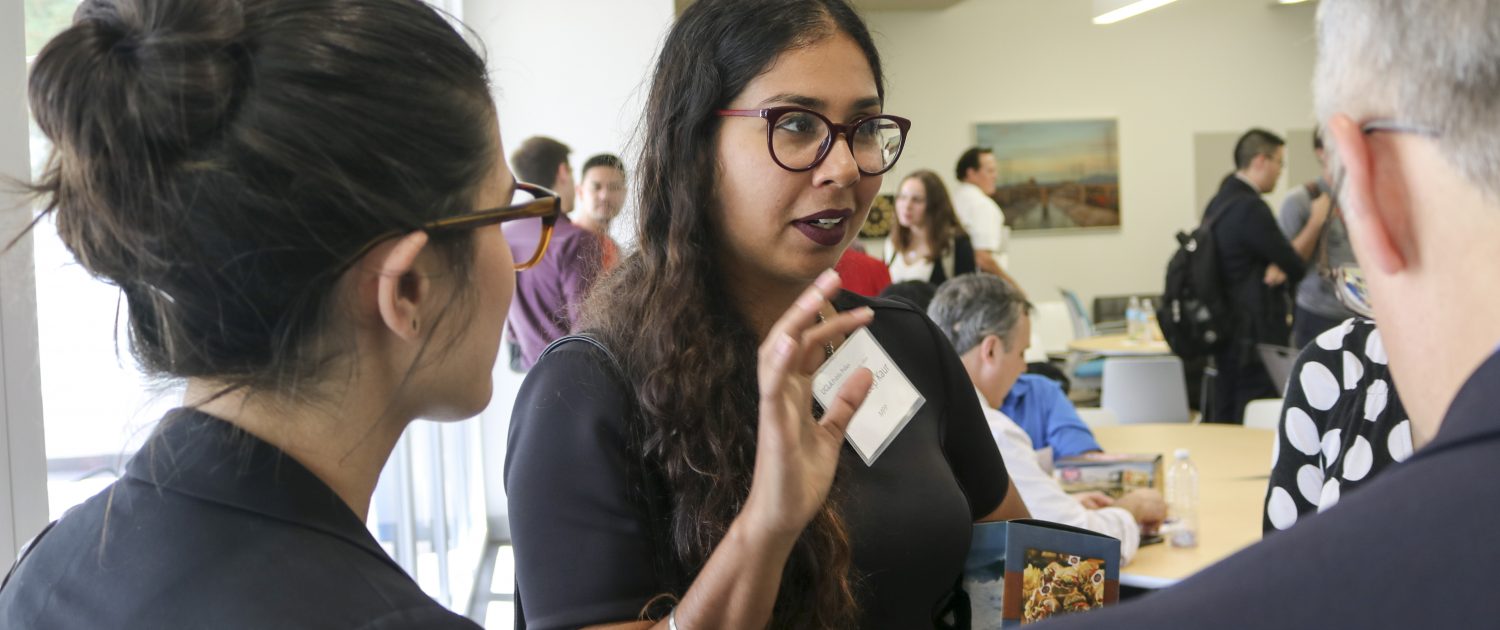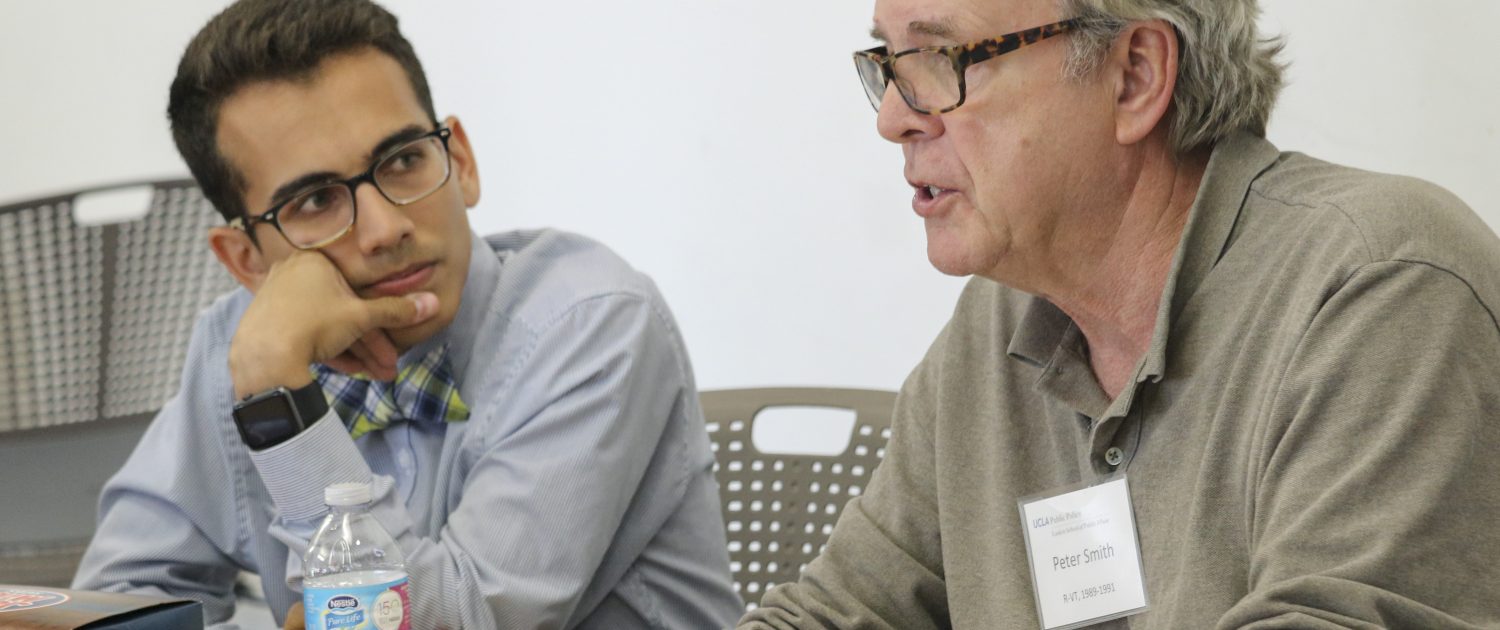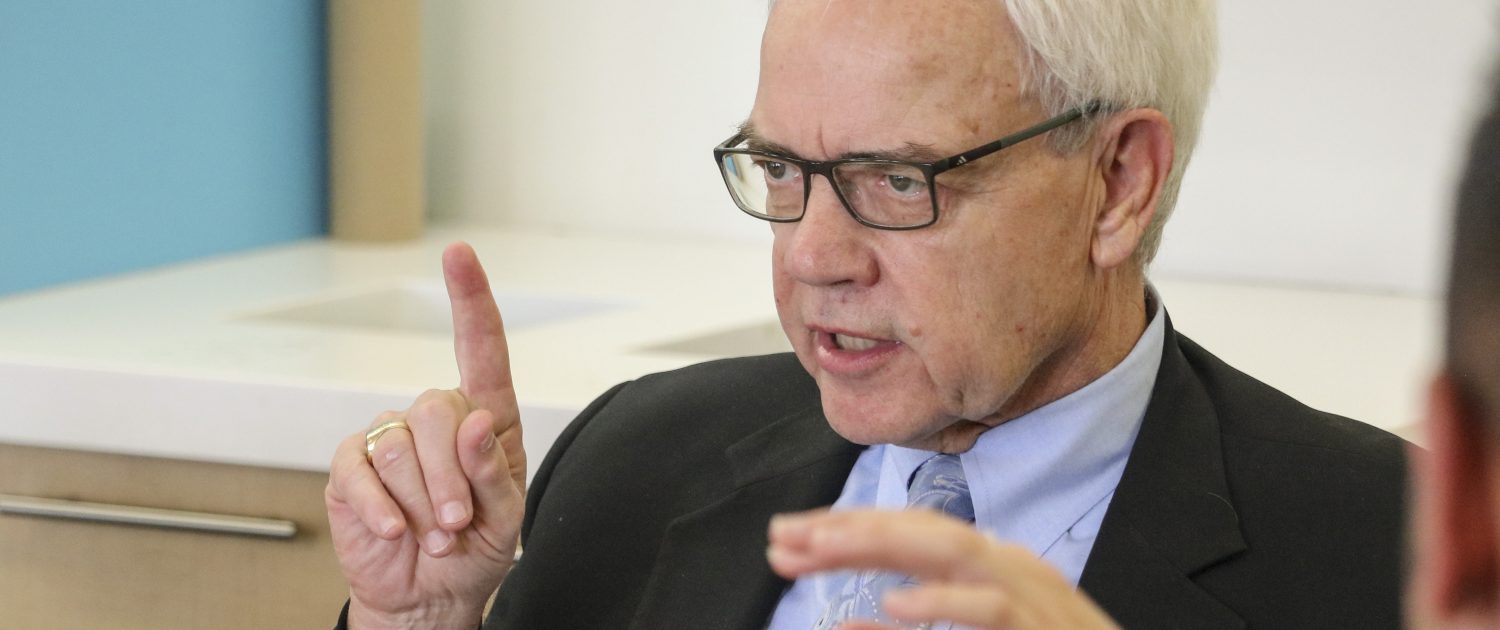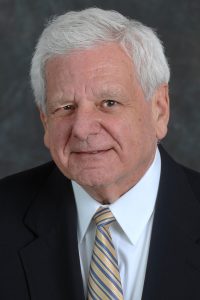By Maciek Kolodziejczak
“A reflection? Who has time to reflect? There are too many tasks at hand, emails to answer, pending projects, deadlines to meet, obligations to fulfill, really … who has time for reflection?”
This is just a snippet of my knee-jerk inner dialogue when I was asked to write something to coincide with my retirement.
I do not want to belittle diligence, persistence and initiative, but too often, in my case, reflection and appreciation are short-changed by the relentless pursuit of tasks, responsibilities, email replies and deadlines that voraciously consume my time.
I used to have a comic posted on my door, which stated “I email, therefore I am.” It may be funny, but it also contains more than a grain of truth. I am writing this post in an academic environment replete with intense endeavor to provide for the public good and to ensure justice and equity.
Nevertheless, I am always reminded of a mentor’s observation that “we are human beings not human doings.” Maintaining the former has been my professional challenge. “Doing” without reflection is just egotism — even if it is for a noble cause. Consequently, I appreciate this time to reflect on my years at the Luskin School.

In recent months I have been asked about my accomplishments. I wince at the question because I really don’t think in these terms. This is not false modesty. Achievements are measurable and quantifiable. Our MPP students are taught rigorous analytic skills to formulate evidence-based policy. However, as I consider my “accomplishments,” I need to acknowledge that my professional successes have been built on the shoulders of those before me, and on the generous collaboration and support of colleagues around me. Consequently, I claim my effort and diligence but take more pride in my aspirations rather than achievements.
The collective mission and aspirations of the Luskin School’s three departments are what drew me here and what have made my tenure here so fulfilling and gratifying. Although I enjoyed my previous work at the UCLA Career Center, I particularly appreciated the undergrads that I was referring to urban planning and social welfare.
I facilitated workshops on careers in urban planning and participated in several career fairs host by the School of Social Welfare in the early 1990s. I first heard of a Master of Public Policy (MPP) when I met a UCLA alum who completed his MPP degree at the University of Chicago. Initially I thought that it was an applied political science degree. It wasn’t until I came to the Luskin School (then called the School of Public Policy and Social Research), that I came to fully appreciate the rigorous analytic curriculum taught in the MPP degree program and its talented and dedicated students.
Becoming familiar with their courses, assignments, Applied Policy Projects and absurdly busy schedules, I gained an unwavering respect for the valuable work they generate. Yet, even more so than their scholastic excellence, I came to appreciate their aspirations, which are reflected in their academics, but also in the various service and leadership activities they pursue.
I began my career at the Luskin School along with its then-new Dean Barbara Nelson, whose vision of the new school emphasized solving problems across boundaries, particularly at the growing intersection of the public, private and nonprofit sectors. She also framed this vision of working across boundaries of various types whether demographic, national or organizational.
Her successor, Dean Frank Gilliam, expanded this notion with an emphasis on social justice and diversity, which is reflected in his legacy, the D3 Initiative. D3 aims to create a cohesive strategy to bridge differences, understand our diverse society and confront disparities in the field of public affairs. I could not be prouder to be working in an environment in which students, faculty and staff embrace these ideals and aspirations. I am equally confident that Dean Gary Segura’s leadership and vision will continue to champion these values.
Beyond the visionary deans who led the School these past 20 plus years, I have been blessed with the dedicated and innovative leadership of three remarkable Department Chairs: Arleen Leibowitz, Mark Peterson and Michael Stoll. I appreciate their patience, wisdom and understanding.
I have been equally fortunate in having the most collaborative and supportive colleagues with Ken Roehrs and Ronke Epps in the beginning, succeeded by Kyna Williams, Nancy Jensen, Dan Oyenoki, Stacey Hirose and, most recently, Sean Campbell and Ervin Huang. You have been a pleasure to work with and made my days here not only productive but also fun and enjoyable. I will stop here because to name all my colleagues for whom I am grateful, this post will become my “One Hundred Years of Gratitude” novel. Suffice to say that the outcome of my reflection on these past 20 years has created a profound gratitude for all the individuals with whom I have worked, collaborated, assisted and who helped me in my endeavors.
Finally, I am so very grateful for the MPP students and alumni. It has truly been an honor to be their adviser. Their presence has given me more than they can imagine. Every year in my parting email to the graduating students I express a version of the following sentiment:
“Although your achievements and accomplishments are noteworthy, I admire you as individuals; the values you embrace, the hopes and dreams for which you strive, and the way you confront the challenges that you face. Your aspirations are a more genuine measure of your character than what you achieve, and for me a source of hope and encouragement about our future.”
As our students commence their professional careers, I am heartened by their determination to solve the many problems facing our world today and the many sacrifices they make in following these pursuits.
In conclusion, I would like to address a major financial sacrifice our students make in completing their degree. Since I began working here at the Luskin School, tuition has increased 460 percent from $4,366/$13,394 (CA Resident/Non-Resident) in 1996-97 to $24,439/$37,221 in 2016-17. I take every opportunity I have to draw attention to the spiraling cost of education and subsequent alarming student debt. So I am particularly honored in having a fellowship named in my honor. It will provide some vital financial relief to our MPP students.
I am humbled by the generosity of the MPP alumni, my friends and colleagues for their considerable donations to this fellowship fund and cannot think of a better way to reward the diligent work and to honor the aspirations of our students.
***
Maciek Kolodziejczak is retiring in June after serving as director of student services for the Department of Public Policy at the UCLA Luskin School of Public Affairs for the past 20 years. To make a gift to the Maciek Kolodziejczak Fellowship Fund, go here.

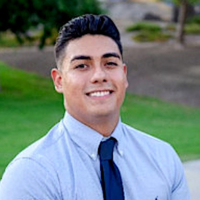
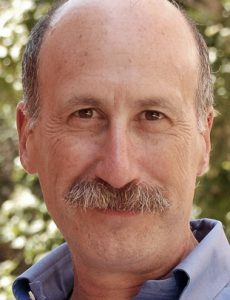 UCLA Luskin’s
UCLA Luskin’s 
